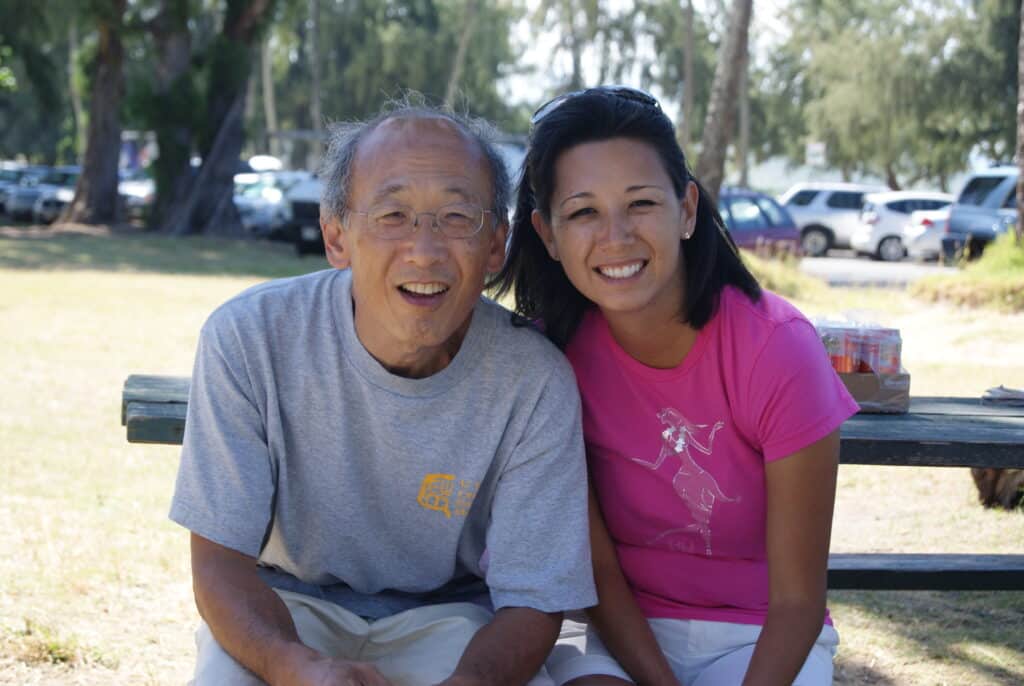As populations around the world continue to age, the demand for chronic care management services at home is on the rise. The World Health Organization (WHO) predicts that by 2050, the world’s population of people aged 60 years and older will double from about 12% to 22%.
This demographic shift spotlights the importance of understanding the perspective of seniors who rely on chronic care management services. This understanding is crucial for improving the quality of care and ensuring that the care provided aligns with the seniors’ needs, preferences, and dignity.
The Personal Impact of Chronic Conditions
For many seniors, the transition to needing chronic care management at home is marked by the onset or progression of chronic conditions such as diabetes, heart disease, or arthritis. These conditions often require continuous management and can drastically affect a senior’s quality of life.
The burden of chronic illnesses is not just physical; it carries significant emotional and psychological impacts as well. Seniors often express feelings of loss of independence and fear of becoming a burden to their families (BioMed Central).
A study on elderly care in Cape Town highlighted how older adults perceive their healthcare needs and the extent to which the system meets these needs. The seniors reported a desire for more respectful, attentive care that acknowledges their unique health challenges and respects their autonomy (BioMed Central).
The Home Environment
Maintaining the ability to live at home is a priority for many older adults. It provides a sense of comfort, stability, and continuity that is vital for their emotional and mental health. However, adapting a home environment to suit the needs of an elderly person with chronic conditions can be challenging.
It often involves modifications such as installing grab bars, adjusting the height of beds and toilets, and ensuring that caregiving support is available when needed.
According to researchers, the physical home environment must be considered alongside the care provided. For example, a study in the UK found that older adults living at home often have to navigate their care around the limitations of their living spaces, which can sometimes hinder effective care management (BioMed Central).
Perspectives on Caregiving
Receiving care at home means interacting with a variety of healthcare professionals and caregivers. The quality of these interactions can greatly influence a senior’s satisfaction with their care. Trust and personal connection are crucial. Seniors often prefer caregivers who are competent in their medical tasks and compassionate and willing to engage with them as individuals.
The emotional and social aspects of caregiving are frequently highlighted as areas needing improvement. In the qualitative study in Cape Town, older people noted that sometimes healthcare workers seemed rushed and did not take the time to listen to their concerns, which led to feelings of being undervalued and ignored.
Autonomy and Decision Making
One critical aspect of seniors’ chronic care management is preserving autonomy. Many elderly patients are vitally concerned about being involved in decisions regarding their health care plans. They want to be consulted about their treatments and care schedules and have their preferences taken into account.
This involvement not only helps in tailoring the care to their specific needs but also reinforces their sense of independence and control over their lives.
Research shows that when seniors are actively engaged in their care planning, they are more likely to adhere to treatment plans and report higher satisfaction with their care. This collaborative approach can also help in addressing the psychological impacts of chronic illness by fostering a sense of purpose and involvement.
Technology and Chronic Care Management
The integration of technology in home-based chronic care management is becoming increasingly significant. Telemedicine, remote monitoring, and digital health tools offer potential benefits such as better disease tracking, more timely medical interventions, and reduced need for frequent hospital visits.
However, the adoption of these technologies by seniors must be approached with sensitivity to their comfort with and understanding of the technology.
Studies suggest that while some seniors are open to using technology for health monitoring, others feel overwhelmed or distrustful of these tools. Thus, any deployment of technology should be accompanied by adequate training and support to ensure it enhances rather than complicates the care experience.
Understanding a senior’s perspective on relying on chronic care management services at home requires a multifaceted approach that considers physical, emotional, and social factors. By focusing on personalized care that respects their dignity, promotes their autonomy, and accommodates their living environment, caregivers can significantly enhance the effectiveness and responsiveness of home-based chronic care.
As the population ages, these insights will become increasingly crucial in shaping policies and practices that truly meet the needs of our elderly population.
If you or an aging loved one are considering Chronic Care Management in Colorado Springs, CO, please contact the caring staff at Talem Home Care & Placement Services of Colorado Springs, CO, today. Call (719) 639-2663
At Talem Home Care & Placement Services of Colorado Springs, CO, we provide passionate, understanding, and flexible caregivers in Colorado Springs, Air Force Academy, Black Forest, Cimarron Hills, Fort Carson, Gleneagle, Larkspur, Manitou Springs, Monument, Palmer Lake, Perry Park, Rock Creek Park, Security-Widefield, Stratmoor, and Woodmoor and surrounding areas in Colorado.
- Five Steps for Protecting Eye Health - April 9, 2025
- The Importance of Preventative Health Screenings for Seniors - March 25, 2025
- Tips for Longer Car Rides with the Elderly - March 7, 2025







